The present appreciation includes to analyze Maugham’s novels, essays and other writings from the dialectical perspective. It dialectically probes the consequence and extent to Man’s incessant search for emancipation and its ultimate impact upon his materialistic leanings. It brings into focus how man while facing the odds of the modern living feels himself at loggerheads with the bizarre out side world. What is striking is that it characteristically delineates new meanings, contours and dimensions of human bondage that persist in the modern scientific paradise emphasizing man’s lingering need to come up the mechanics of the mercantile society. As Maugham is a complete artist with a dialectical vision, his art and vision; his ethics and aesthetics and above all, his aspirations for attaining emancipation from the life of bondage, loneliness and alienation from the mainstream-life, receive impetus from dialectical art. Maugham emphatically writes that the realistic cult of writing is no more relevant to address the issues emanating from the inadvertence and ambiguities of the scientific and the mercantile society. At the same time the book puts emphasis on Man’s need to take into account the basic fact that instinctual patterns too play a significant role in the making of man. Maugham has often been regarded as a writer in the naturalistic tradition. The present appreciation, instead, places Maugham in the dialectical tradition. For identifying Maugham merely as the Naturalistic Writer is too simplistic to present his delineation of art in the correct perspective. Maugham is a critic of no lesser repute. In the writer’s point of view, Fiction, says Maugham, is an art and the purpose of art is to please. Unlike many of his contemporaries, he opines that it is the element of pleasure that essentially makes reading enjoyable. Maugham aesthetically concentrates on the inertia of the self saying that ‘I am only conscious to know what is in me is disagreeable to them’. The doctrine of the inner self is the inbuilt vehicle, which gives impetus to his characters to define the self in the bizarre outside world. Maugham is ranked along with Flaubert, Arnold Bennet, Oscar Wilde, James Joyce and Henry James keeping in view of the art of Flaubert, Shaw, Wells, Bannet, Eliot, W.B. Yeats, D.H. Lawrence, Conrad, Bertrand Russell and Spinoza, Maugham’s art and literature have comprehensively been dealt with at length. Relevance of Somerset Maugham’s art and literature will go on to move up millions of people with the turn of the new century.
Dialectics of Freedom in Somerset Maugham
In stock
Free & Quick Delivery Worldwide
reviews
Bibliographic information
Title
Dialectics of Freedom in Somerset Maugham
Author
Edition
1st ed.
Publisher
ISBN
8178354470
Length
250p., References; Bibliography; Index; 23cm.
Subjects

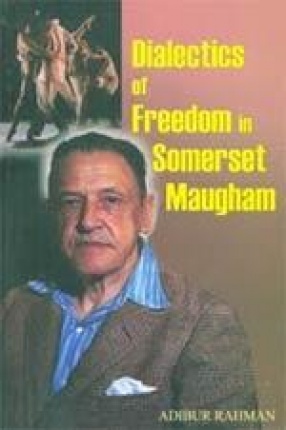
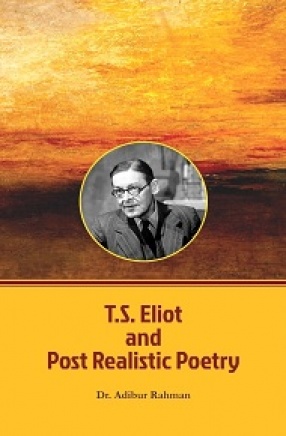
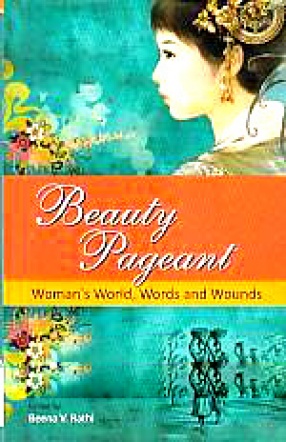
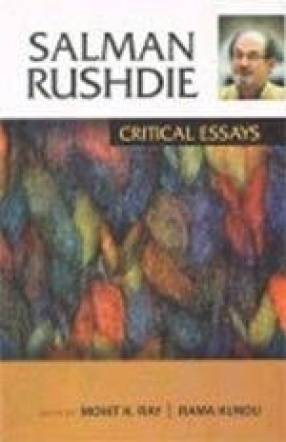
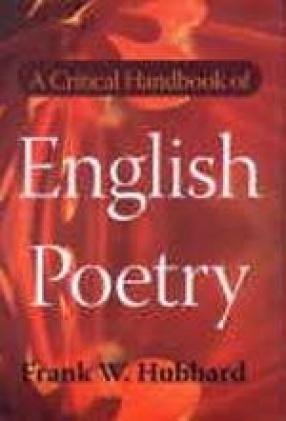
There are no reviews yet.